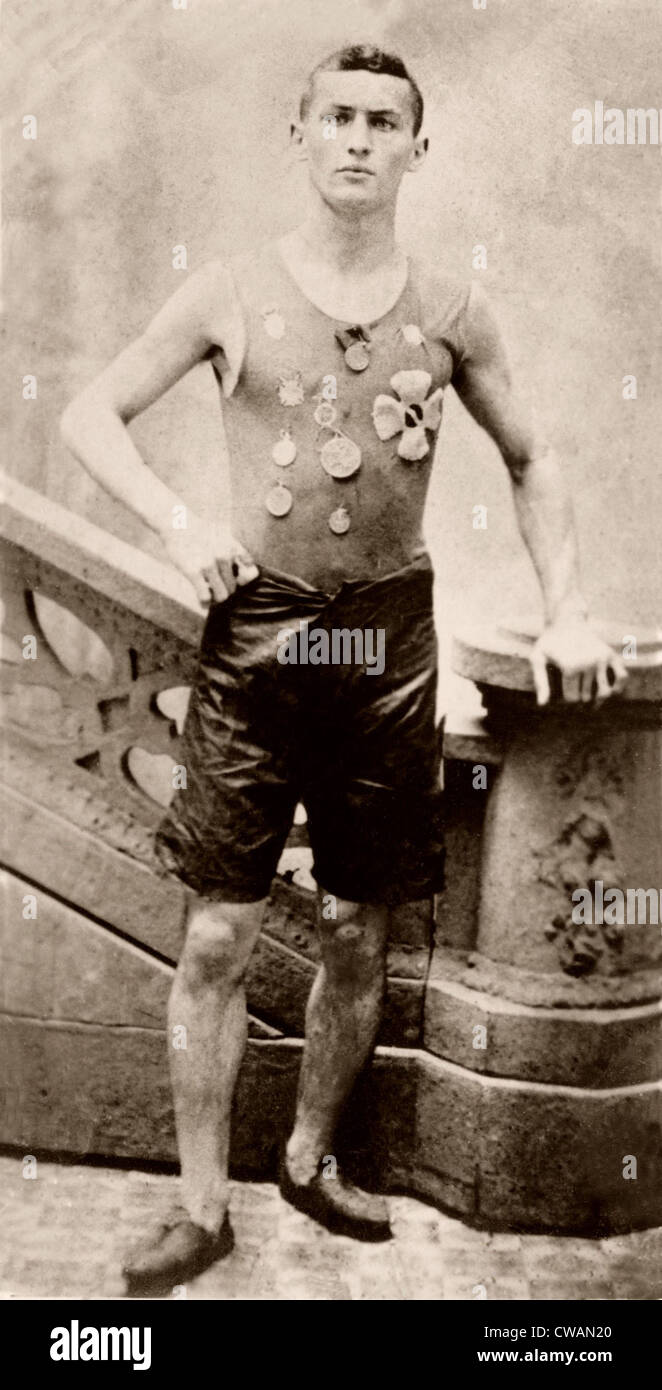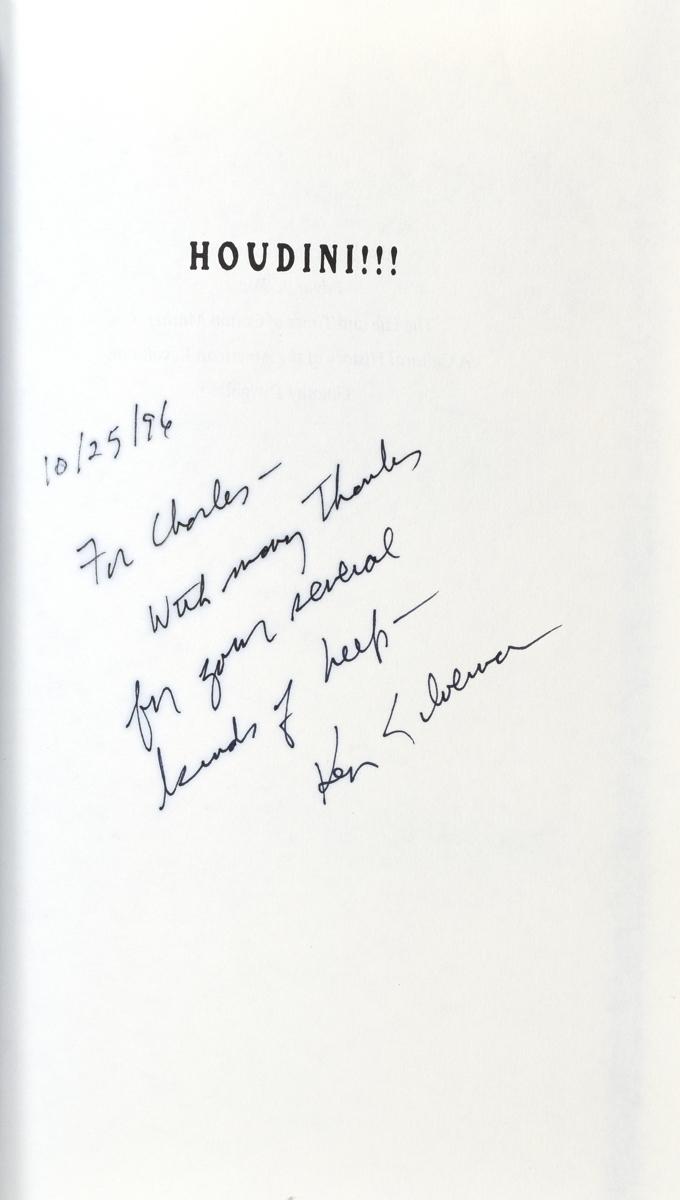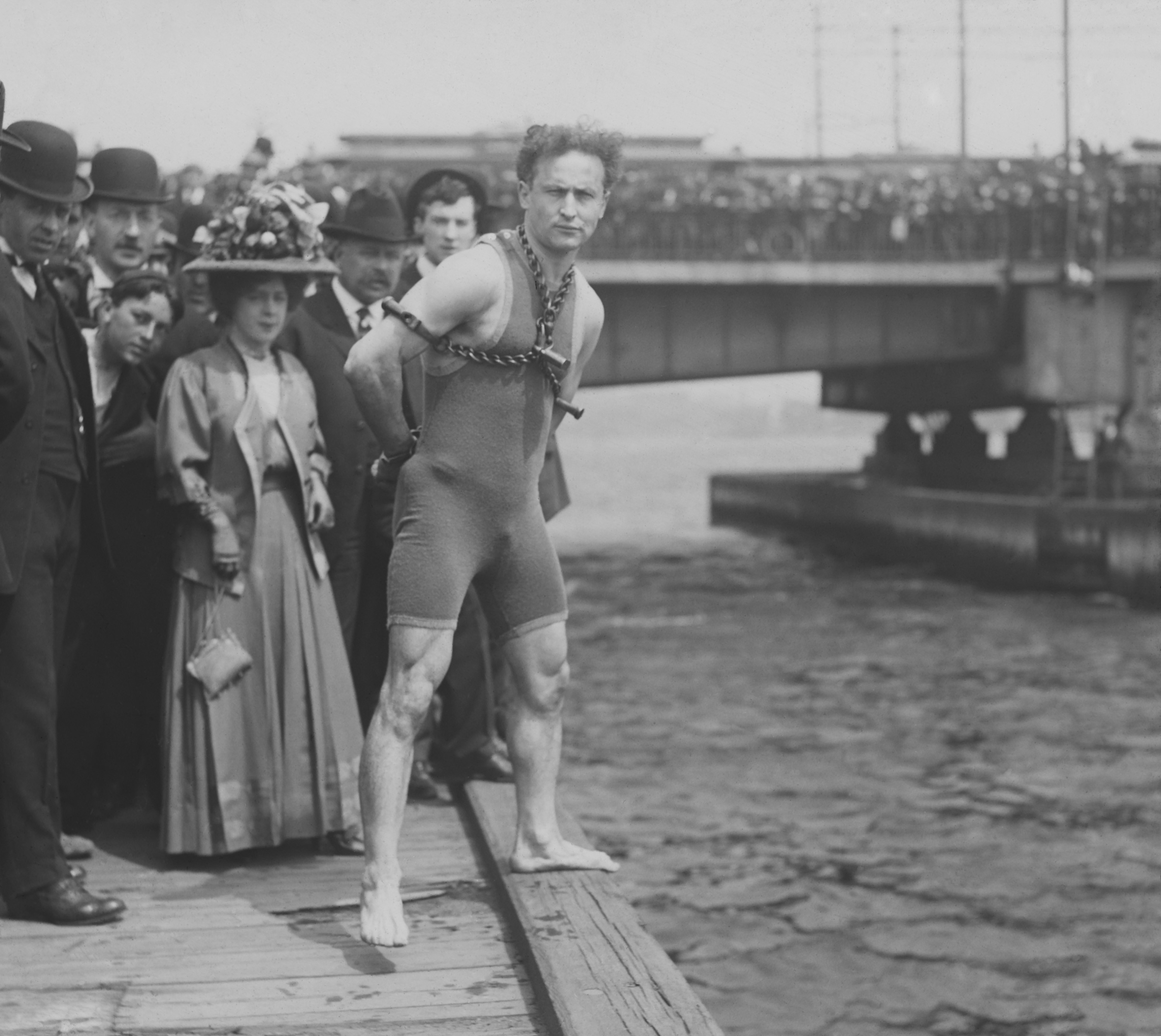


Single territory rights for trade books worldwide rights for academic books.

Print and/or digital, including use in online academic databases. Web display, social media, apps or blogs. Personal presentation use or non-commercial, non-public use within a company or organization only. Not for commercial use, not for public display, not for resale. the career of Ehrich Weiss : American self-liberator, Europes eclipsing sensation, worlds handcuff king & prison breaker - NOTHING ON EARTH CAN HOLD. It's interesting to note how many young women Ehrich worked in close proximity with for over 2 years, yet there is not a single recorded date or romantic exploit in his life until Bess in 1894.īut might Richter's play an even more important role in the Houdini story? Recall that it was Ehrich's friend and fellow Richter's employee Jacob Hyman who suggested that he add an "i" to the name of Robert-Houdin to become "Houdini." I've often wondered exactly where this momentous moment happened.Personal Prints, Cards, Gifts, Reference. : Houdini: The Career of Ehrich Weiss : American Self-Liberator, Europes Eclipsing Sensation, Worlds Handcuff King & Prison Breaker. It's also said that his elderly father worked a bench for a time. Of course, Ehrich was underage when he worked here, so conditions might have been a little rougher in the early 1890s. The Annual Report on Factory Inspection (Volume 14) for 1900 shows Richter's employed 25 men and 75 women (none under the age of 18) hours of labor were less than other clothing firms and it had logged only one complaint. Ehrich was even a member of the Neckwear Makers union (he would continue to keep up his dues into adulthood). His parents were Cecilia Steiner and Mayer Samuel Weiss, a rabbinical lawyer and sometimes soap maker. When the crowd dispersed, he went inside and landed the job for himself.įar from being a sweatshop as it was characterized in the 1998 Houdini biopic, Richter's was a good job for a young man at the time. By John Cox Harry Houdini was born Erik Weisz (later spelled Ehrich Weiss) in Budapest, Hungary on March 24, 1874. He went to the head of the line, removed the sign, and said in an officious voice that the position had been filled and thanked everyone for coming. His family was quite poor and Ehrich ran away so that they wouldn’t have to spend money on him. In a story that sounds a little too cute to be true, it's said that Ehrich got the job at Richter's by spotting a long line of applicants waiting behind a Help Wanted sign.


 0 kommentar(er)
0 kommentar(er)
